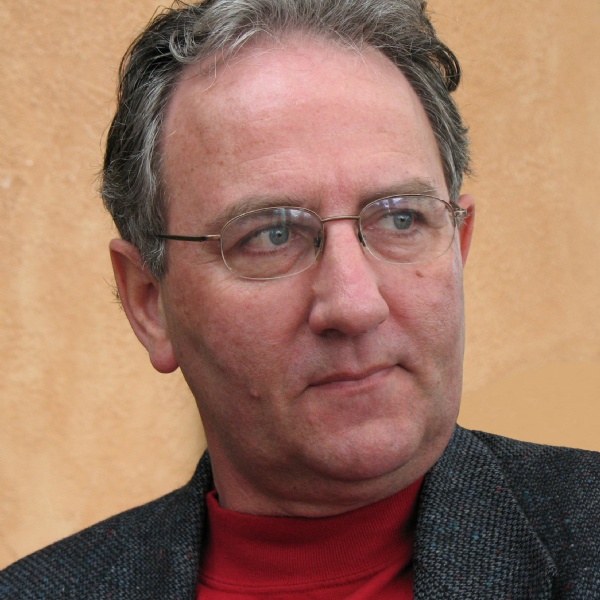The immune system can both enable and disable cancer cells. The immune system can eliminate cancer cells, but often gets recruited to enter repair (inflammation) or nurse (support) mode, which promotes tumour growth and spread. Inflammatory cells are abundant in many tumours as one might expect in “the wound that will not heal”– macrophages, neutrophils, lymphocytes, mast cells, natural killer and dendritic cells. These are capable of detecting abnormal fats, carbohydrates, proteins and cells (Coventry, 2004).
The immune system seems to initially respond to cancer cells as injured cells, needing support and nurturing. The initial anti-tumour Th1 response is shifted by chronic inflammation to a tumour-permissive Th2 response. Cancer-associated inflammatory response contributes to genomic instability, epigenetic modification, induction of cancer cell proliferation, enhancement of cancer anti-apoptotic pathways, stimulation of angiogenesis, and, eventually, cancer dissemination.
The immune system is often fully primed and ready to destroy a malignancy, but is suppressed from doing so by robust immune-suppression. Advanced cancers run rampant with the support of corrupted immune cells. Rather than simply “boosting the immune system”, regulating the immune system to attack the tumour is a complex scenario. Immune checkpoints that arrest immune attack are PD-1, PDL-1 and CTLA4. Numerous flavonoids, lectins, saponins and polysaccharides are emerging as viable candidates for these targets of integrative cancer immunotherapy. Here we offer a thorough review of the targets and interventions that support or even provide alternative to drug immunotherapy for cancer.
Learning Objectives
- Identify the primary classes of immune cells active in regulating malignancy. Th1 cells, natural killers, dendritic, macrophage, neutrophils, T-suppressors, T-effectors, T-regulators and plasma cells.
- Identify the cytokines and signaling pathways active in promotion or suppression of malignancy -such as CD47 protein signal to macrophages “do not eat me”, and WNT pathway.
- Identify the agents of immunosuppression, including Th2 cells, the immune checkpoints PD-1, PDL-1 and CTLA4, and the immunomodulators TLR4, COX2, LOX, PGE2, TNFα and NFκB.
- Identify candidate naturopathic therapeutic interventions for each of these elements of the immune response to cancer, and rank them by their anticipated clinical utility, based on the strength of the research evidence and the clinical responses published and observed.
- Identify which natural agents are synergistic with, or supportive of standard of care conventional oncology immunotherapies, as candidates for integrative management of cancer.
CE Credits
CONO: Category A General – 1.0 credit;
British Columbia: Category C General – 1.0 credit
AANP: General – 1.0 credit;
OANP/OBNM: For Oregon attendees seeking OBNM approved CE credits, please note that this event has not been submitted for approval to the OBNM. CE certificate will be issued upon individual request.

Dr Neil McKinney, ND (NON-PRACTICING)
Dr McKinney graduated from Simon Fraser University with a degree in Biosciences and had a career in biophysical (radiation) cancer research. Studied kinesiology at the University of Waterloo. Graduated as a Doctor of Naturopathic Medicine from National College of Naturopathic Medicine in 1985. Concurrently trained 3 years in TCM at the Oregon College of Oriental Medicine.
Dr McKinney has had many teaching roles, from lab instructor in microbiology at University of Victoria, and National College of Naturopathic Medicine (now NUNM), at schools of traditional Chinese medicine, massage therapy, and finally as a professor at Boucher Institute of Naturopathic Medicine (BINM). Served many roles in the regulation and advancement of the profession, including Registrar of the BC College of Naturopathic Physicians www.cnpbc.bc.ca and accreditation evaluator for the Council on Naturopathic Medical Education www.cnme.org Founded the BC Naturopathic Association www.bcna.ca and the Boucher Institute of Naturopathic Medicine www.binm.org Founding professor of Naturopathic Oncology, now retired. Author of several editions of textbooks of naturopathic oncology, clinical handbooks, and research review articles. Mentors and lectures to doctors internationally; contributes to publication for professionals and the public. He has received a number of awards for contributions to advancing the scope and standards of the naturopathic profession.
Dr McKinney’s skills include nutrition as medicine, traditional Chinese medicine, botanical medicine, homeopathy, and therapeutic injections, but has now moved to non-practicing status. Dr McKinney had prescribing authority for common pharmaceutical medicines used in general practice and cancer care. Now retired from decades of practice with a focus on integrative oncology, he is actively engaged in cancer research, professional education, and publishing.

